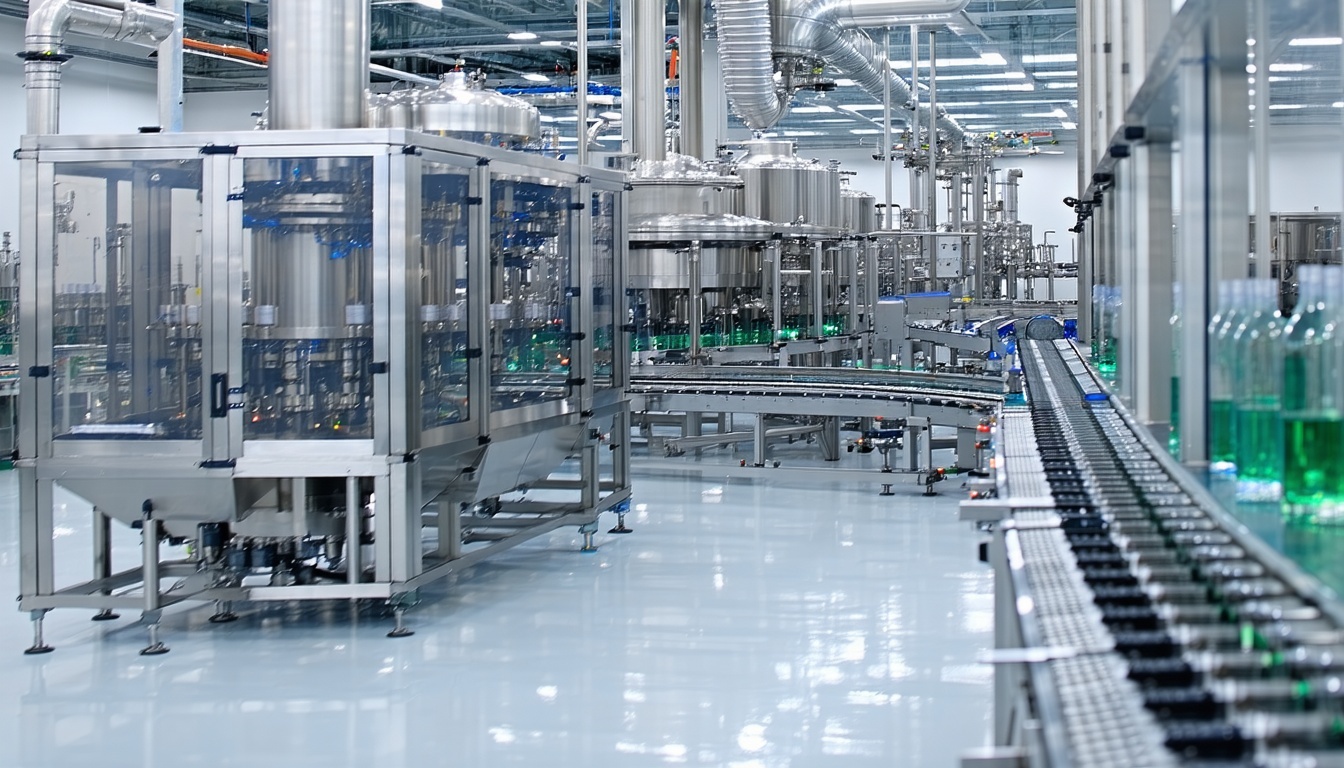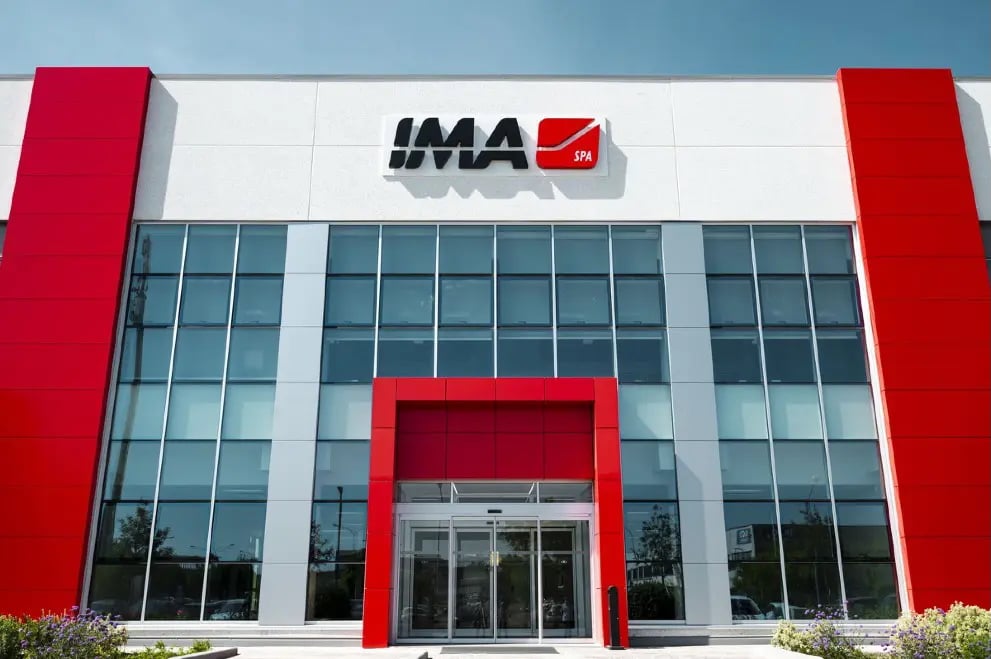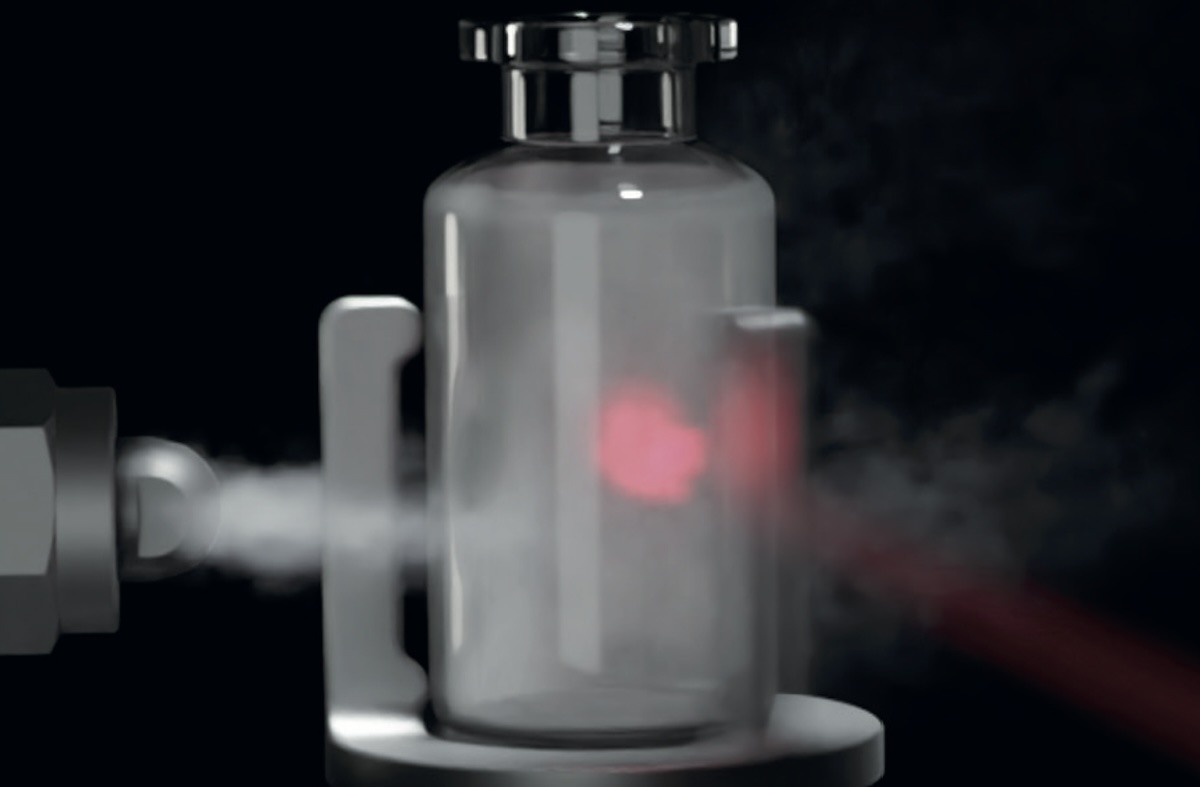In the rapidly evolving pharmaceutical industry, flexible manufacturing systems are becoming crucial to meet the demands for efficiency, quality, and sustainability.
Why Flexibility is Key in Pharmaceutical Manufacturing
The pharmaceutical industry is under immense pressure to improve manufacturing efficiency and product quality due to various factors such as global healthcare budget constraints, the need for more personalized therapies, and the demand for sustainable manufacturing processes. Manufacturing flexibility is essential to address these challenges, as it allows Contract Development and Manufacturing Organizations (CDMOs) to adapt their processes to meet diverse client demands. A flexible manufacturing system can accommodate a wide range of product types and production scales, enabling companies to respond swiftly to market changes and regulatory requirements.
Additionally, flexible manufacturing systems can help companies reduce production costs and development times, which are critical for maintaining competitiveness in a market increasingly dominated by generic drug manufacturers. The ability to quickly switch between different production processes and scales ensures that pharmaceutical companies can meet the evolving needs of healthcare providers and patients while maintaining high standards of quality and efficiency.
From Batch to Continuous Manufacturing: A Paradigm Shift
The transition from batch to continuous manufacturing represents a significant paradigm shift in the pharmaceutical industry. Traditional batch processing involves sequential unit operations with start/stop phases, leading to delays and inefficiencies. In contrast, continuous manufacturing integrates all unit operations into an uninterrupted production train, allowing raw materials to be continuously fed into the process and finished products to be continuously removed.
Adopting continuous manufacturing requires substantial investment in new capital equipment and infrastructure upgrades. However, the benefits of continuous processing, such as reduced material throughput time, minimized material loss, and enhanced quality control, make it a compelling alternative to conventional batch processing. This shift is particularly relevant for high-volume manufacturing, where batch failures can disrupt supply chains and lead to significant economic losses.
The Advantages of Continuous Manufacturing Systems
Continuous manufacturing systems offer numerous advantages over traditional batch processing. These include increased efficiency, reduced defects and waste, improved product quality, and faster time-to-market. Continuous systems streamline the production process, resulting in higher output and better alignment between supply and demand. This increased efficiency can be particularly beneficial when scaling up production to larger volumes, as it saves significant time and resources.
Moreover, continuous manufacturing systems enable real-time monitoring and control of critical process parameters, leading to improved quality assurance. This consistency in the production process reduces the defect and rejection rates, ensuring that high-quality products reach the market faster. Additionally, continuous manufacturing is more flexible and scalable, allowing companies to adjust their production processes to meet changing customer demands and regulatory requirements.
Case Study: Continuous Manufacturing of Monoclonal Antibodies
The company simAbs has designed a continuous manufacturing process that consistently produces high-quality Drug Substance of monoclonal antibodies. In a case study, simAbs demonstrated the comparability of a biosimilar antibody produced by continuous manufacturing with its originator molecule, Trastuzumab (Herceptin®). The continuous production process, which ran for five weeks, involved multiple purification steps and resulted in a product with a comparable quality profile to the originator molecule.
In-depth analyses revealed that the Drug Substance produced by continuous manufacturing even outperformed Herceptin for some quality attributes. This case study highlights the robustness and consistency of continuous manufacturing processes in producing biopharmaceuticals, demonstrating their potential to meet current standards in bioprocessing. The study also underscores the importance of extending such continuous processes further downstream, including technologies like continuous freeze-drying, to enhance production efficiency and product stability.
Future Trends in Pharma Manufacturing: The Role of Flexibility
As the demand for personalized medicines grows, the pharmaceutical industry will increasingly require flexible production capacities to accommodate smaller production volumes. Continuous manufacturing, including continuous freeze-drying techniques, offers a viable solution to this need for flexibility. By implementing continuous processes, pharmaceutical companies can achieve greater efficiency, scalability, and adaptability in their manufacturing operations.
Future trends in pharma manufacturing will likely focus on integrating advanced technologies and automation to further enhance production flexibility and efficiency. Regulatory authorities, such as the FDA and EMA, are already supporting the transition from batch to continuous manufacturing by incorporating continuous processes into their guidelines. As the industry moves towards more personalized and complex therapies, the adoption of flexible manufacturing systems will be crucial in meeting the evolving demands of the healthcare sector while maintaining high standards of quality and sustainability.
RheaVita is active in this field with the commercialization of its RheaLyo™ GMP-Flex freeze-dryers. The only continuous freeze-dryer for biopharmaceuticals on the market.
Latests news





-1.png)

-2.png)



